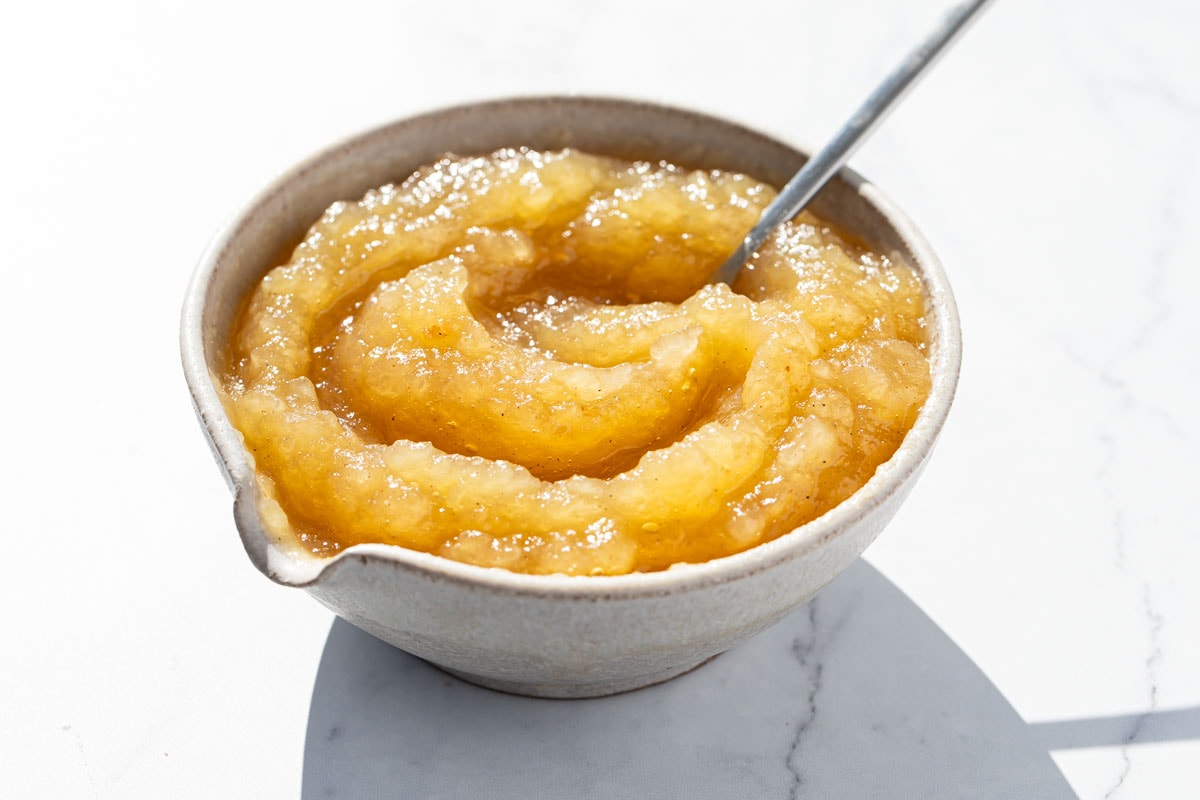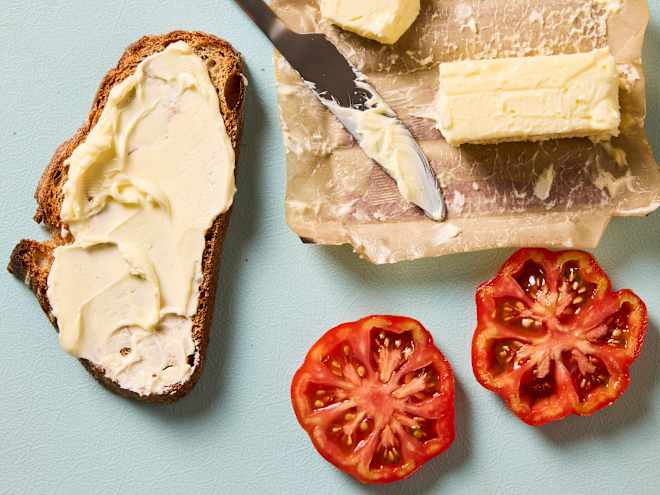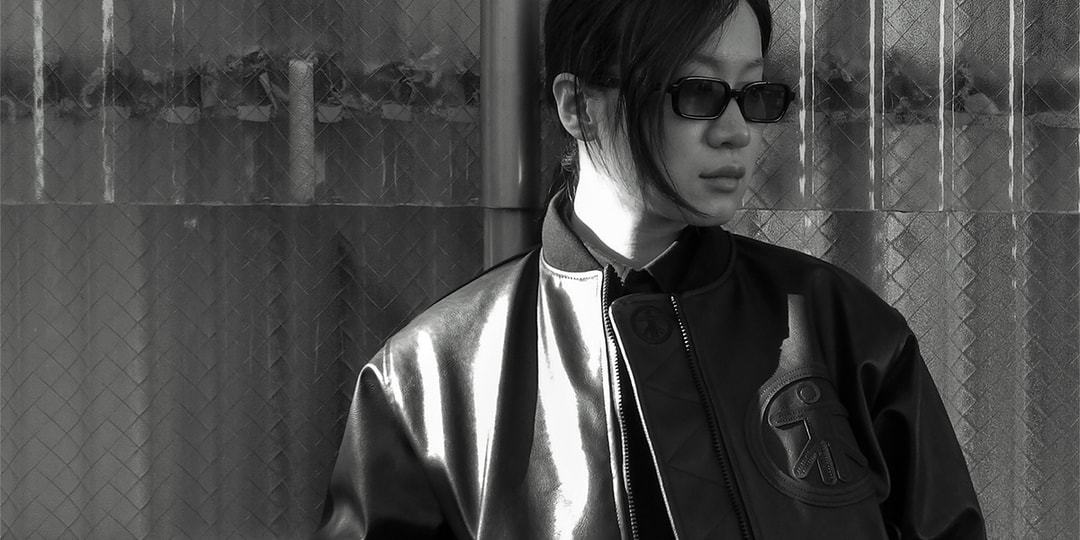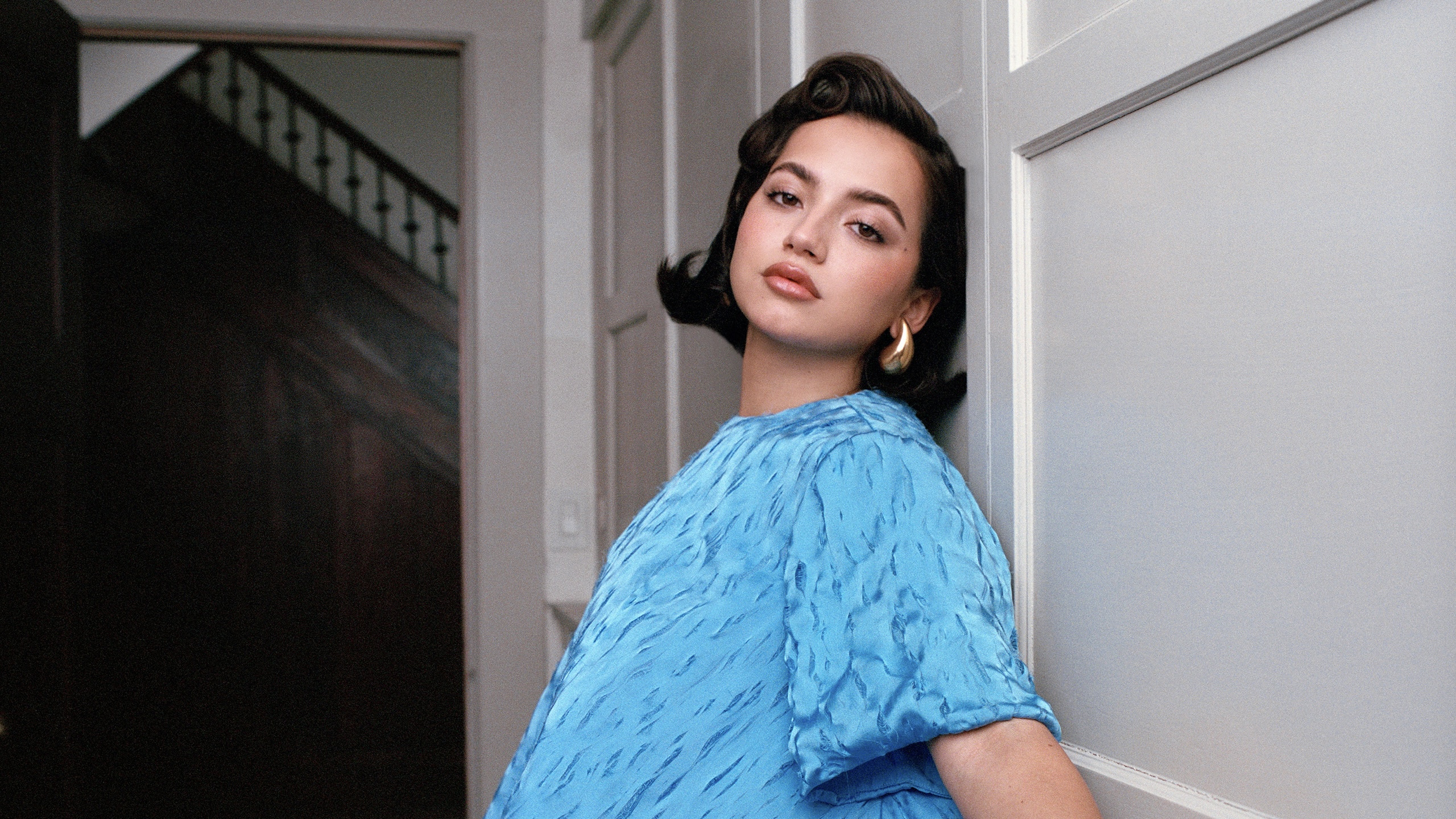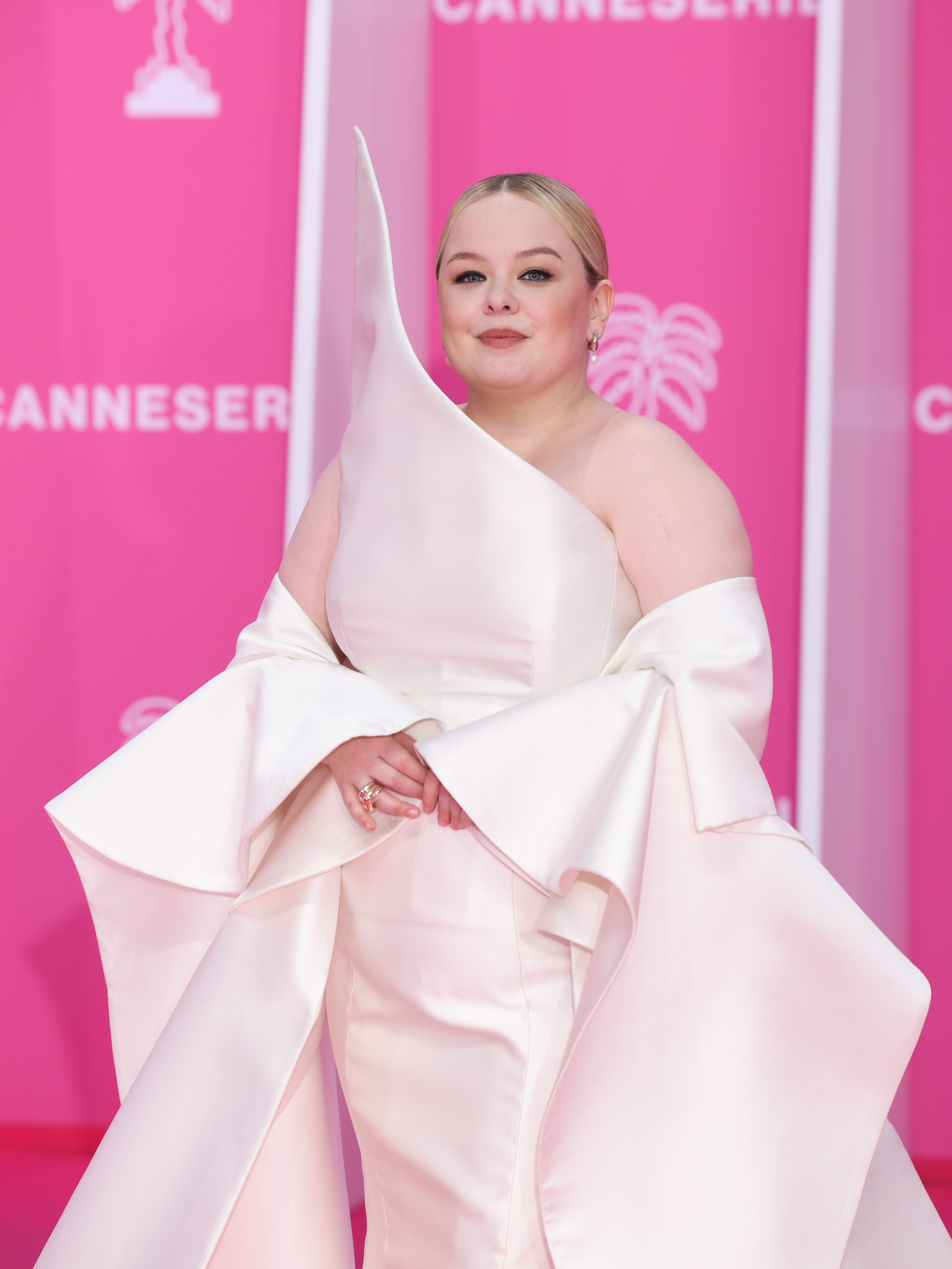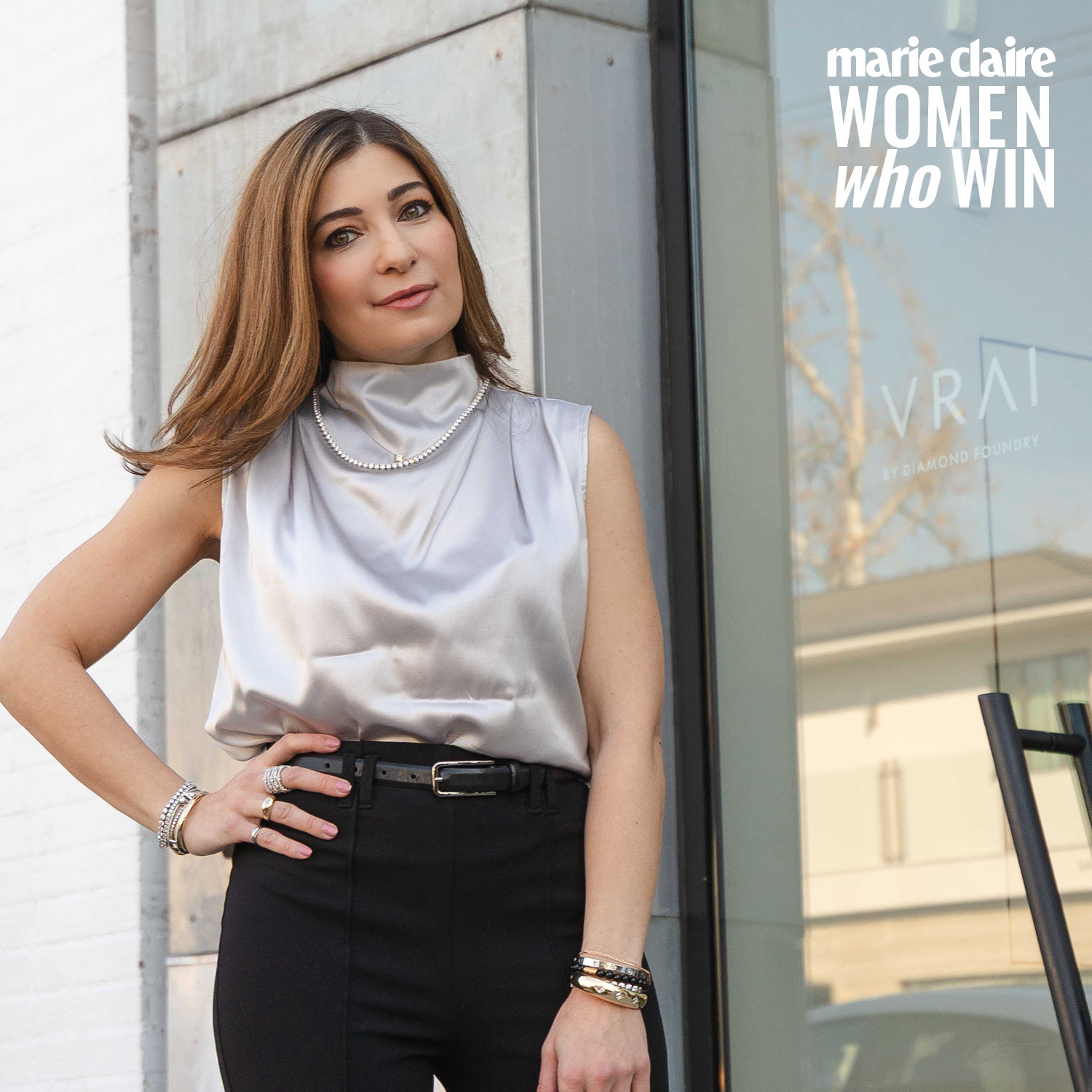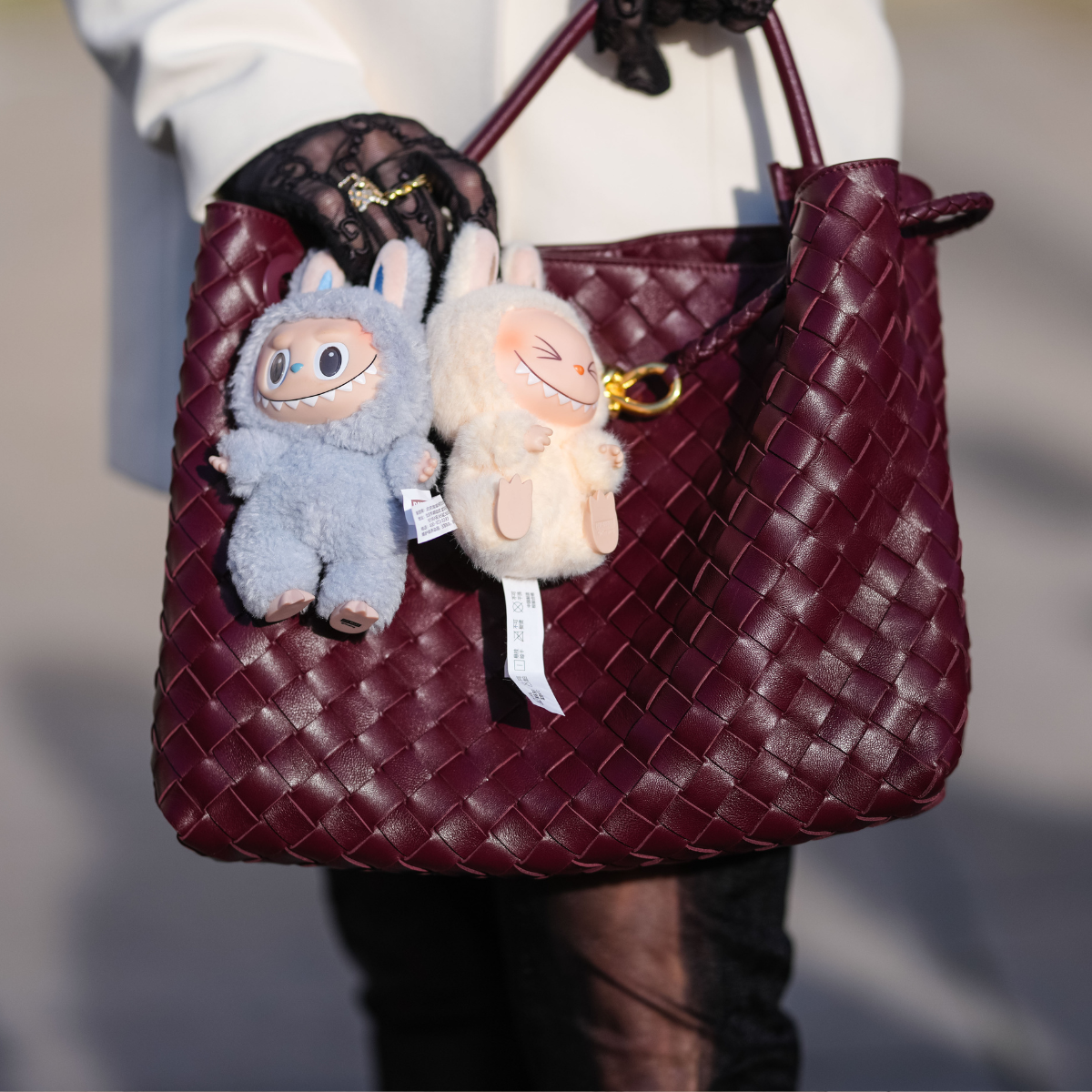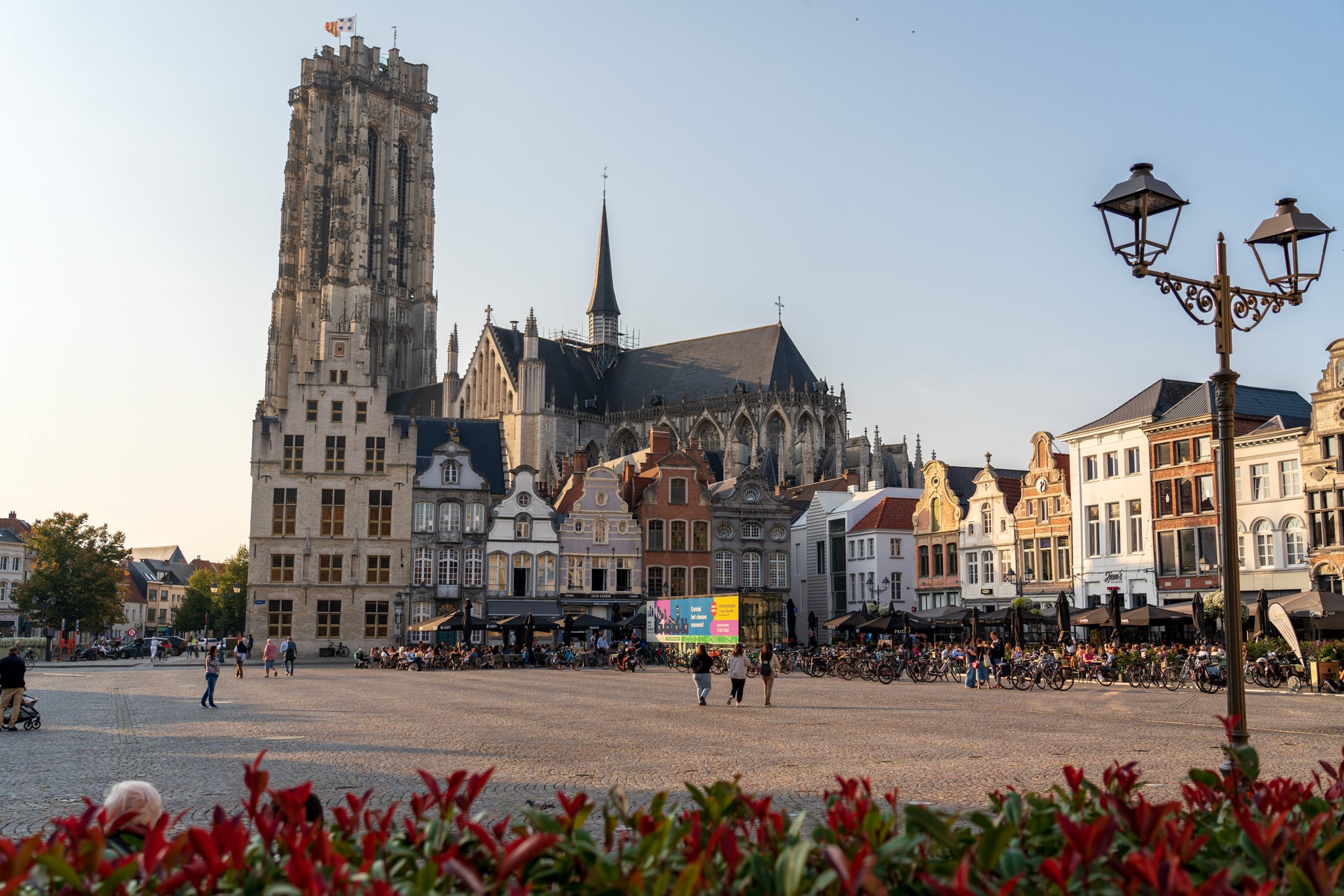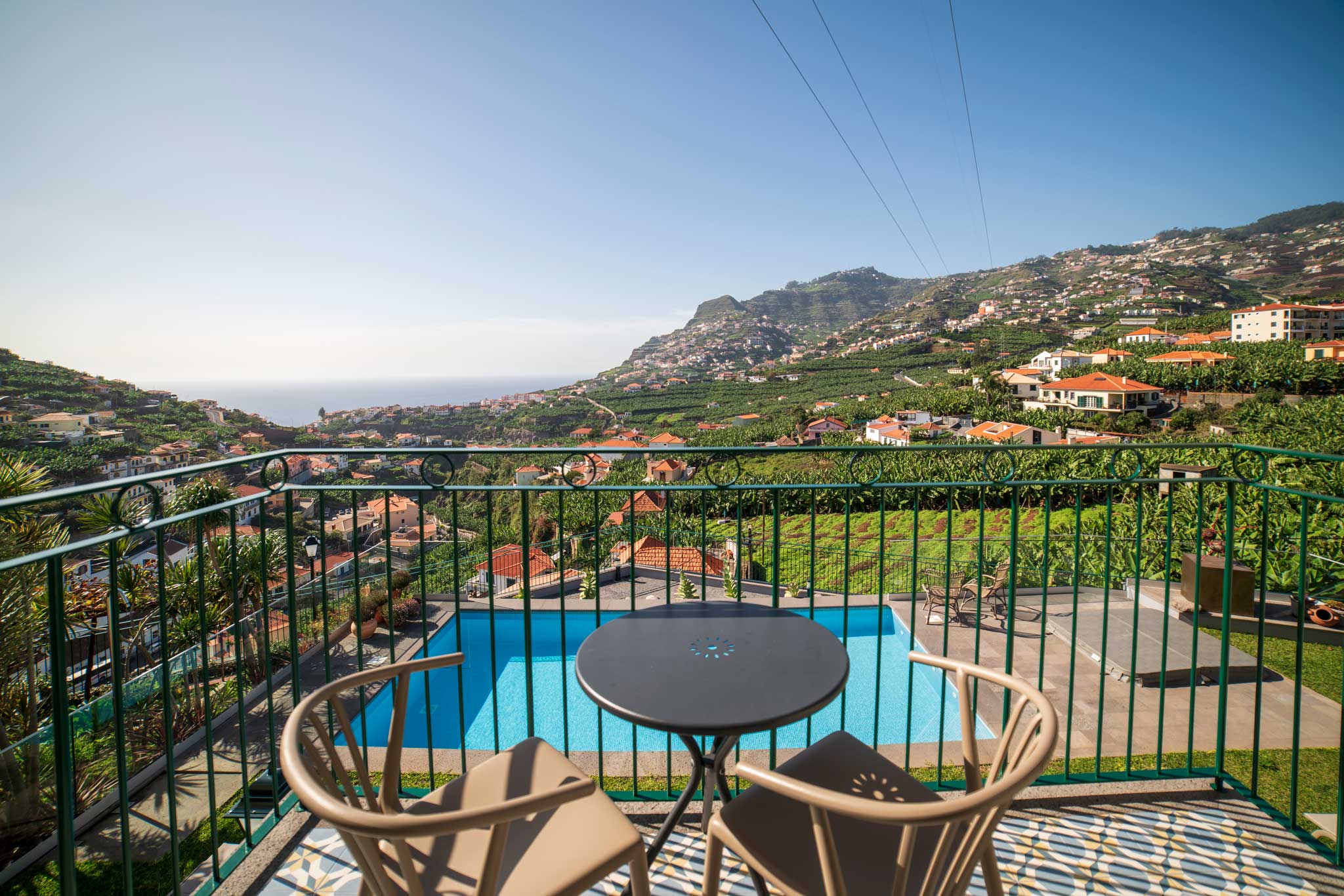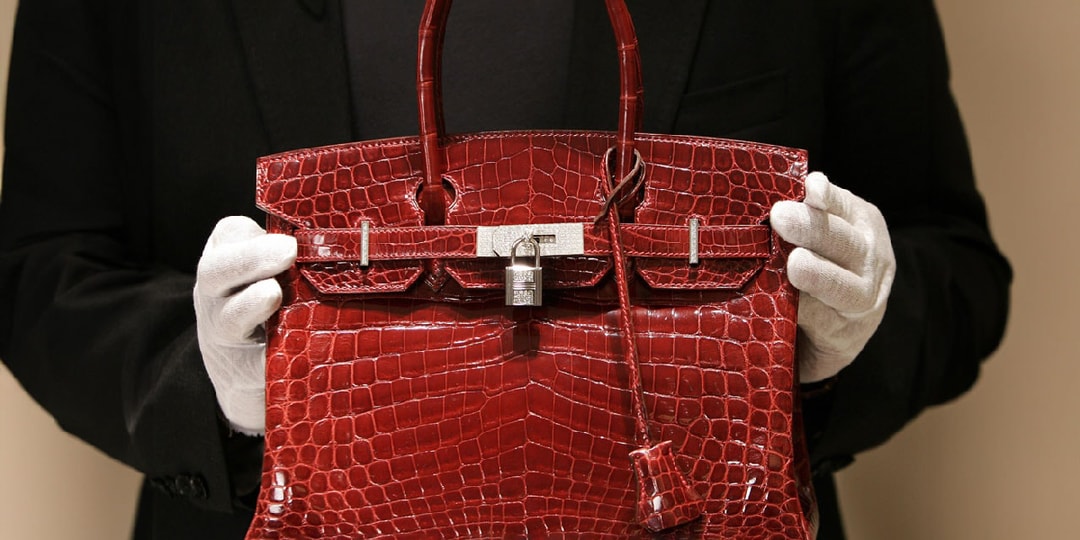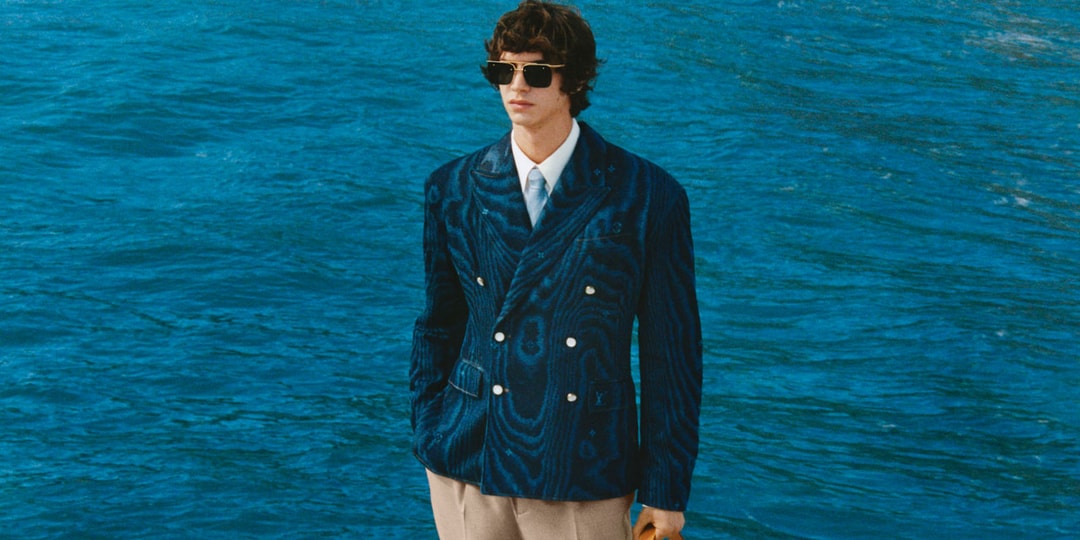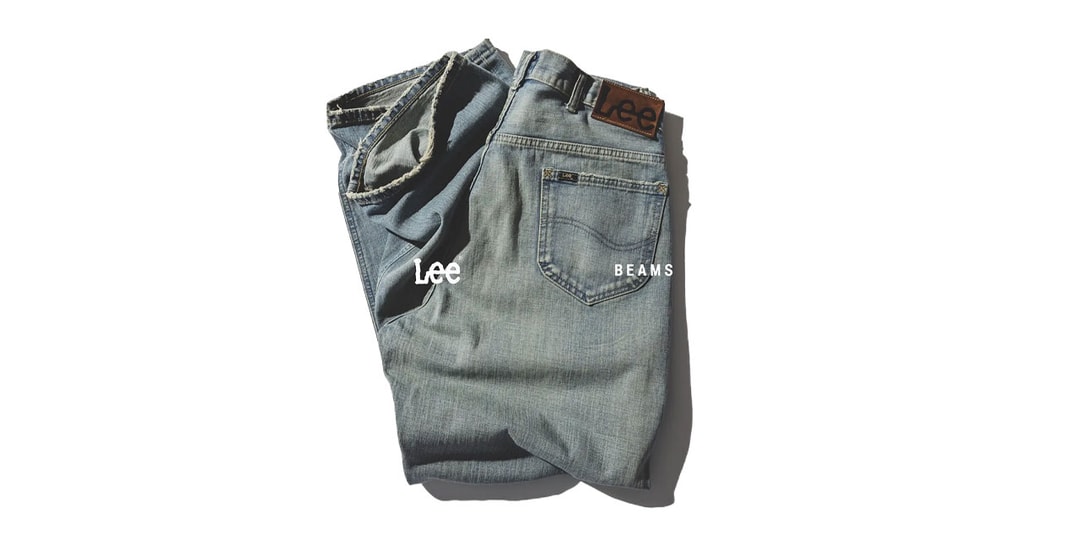Studio TOOJ Looks to Surrealism for "DUK" Furniture Collection
Stockholm-based Studio Tooj has created a collection of tables and consoles that make use of mycelium. With forms inspired by surrealism, and a color palette typical of the studio's restrained output, the DUK Series has been crafted from mycelium – a material that was developed by MycoWorks from the "root system" of a mushroom.They name this material Reishi™, and describe it as having "unparalleled" levels of strength and durability thanks to the way it is grown. "As it grows, a dense sheet forms on the surface, and a textile can be optionally added to further enhance product performance," MycoWorks explains. "The resulting structure is cohesive and interwoven, enhancing the strength and hand-feel of our products."Up until now, the majority of MycoWorks' projects have been alongside the fashion and luxury automotive industries, thanks to its use as an alternative to leather. But for a show at this year's Milan Design Week, they teamed up with Studio TOOJ to create pieces for the home. The shapes created by the Swedish studio look to capture fabric in motion, and see the material draped across the top of a solid base. They liken the material's natural patterns to the veins found in marble – "it gives every piece a unique personality," they say. "They are pieces that make you question what you’re seeing — is it a cloth draped in the corner, or is it a sculpture carved out of stone?"Also on show within the space was a folding screen named Mycelium Paravent by designer Fanny Perrier, which took its inspiration from ornamental artistry of the 1930s and the work of French furniture designer Jean-Michel Franck. "Through this piece, art, science and craftsmanship converge, revealing Reishi™ as a material that honors heritage techniques while embracing the possibilities of the future," Mycoworks says. Both the DUK Series and the Mycelium Paravent screen were on show at this year's Milan Design Week, which took place earlier this month.Click here to view full gallery at Hypebeast
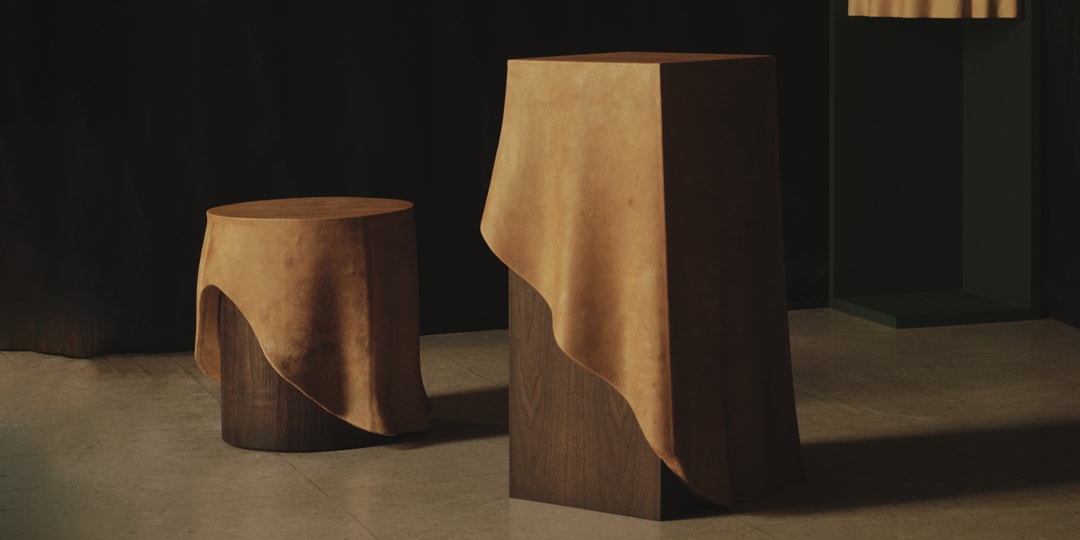

Stockholm-based Studio Tooj has created a collection of tables and consoles that make use of mycelium.
With forms inspired by surrealism, and a color palette typical of the studio's restrained output, the DUK Series has been crafted from mycelium – a material that was developed by MycoWorks from the "root system" of a mushroom.
They name this material Reishi™, and describe it as having "unparalleled" levels of strength and durability thanks to the way it is grown. "As it grows, a dense sheet forms on the surface, and a textile can be optionally added to further enhance product performance," MycoWorks explains. "The resulting structure is cohesive and interwoven, enhancing the strength and hand-feel of our products."
Up until now, the majority of MycoWorks' projects have been alongside the fashion and luxury automotive industries, thanks to its use as an alternative to leather. But for a show at this year's Milan Design Week, they teamed up with Studio TOOJ to create pieces for the home.
The shapes created by the Swedish studio look to capture fabric in motion, and see the material draped across the top of a solid base. They liken the material's natural patterns to the veins found in marble – "it gives every piece a unique personality," they say. "They are pieces that make you question what you’re seeing — is it a cloth draped in the corner, or is it a sculpture carved out of stone?"
Also on show within the space was a folding screen named Mycelium Paravent by designer Fanny Perrier, which took its inspiration from ornamental artistry of the 1930s and the work of French furniture designer Jean-Michel Franck. "Through this piece, art, science and craftsmanship converge, revealing Reishi™ as a material that honors heritage techniques while embracing the possibilities of the future," Mycoworks says.
Both the DUK Series and the Mycelium Paravent screen were on show at this year's Milan Design Week, which took place earlier this month.


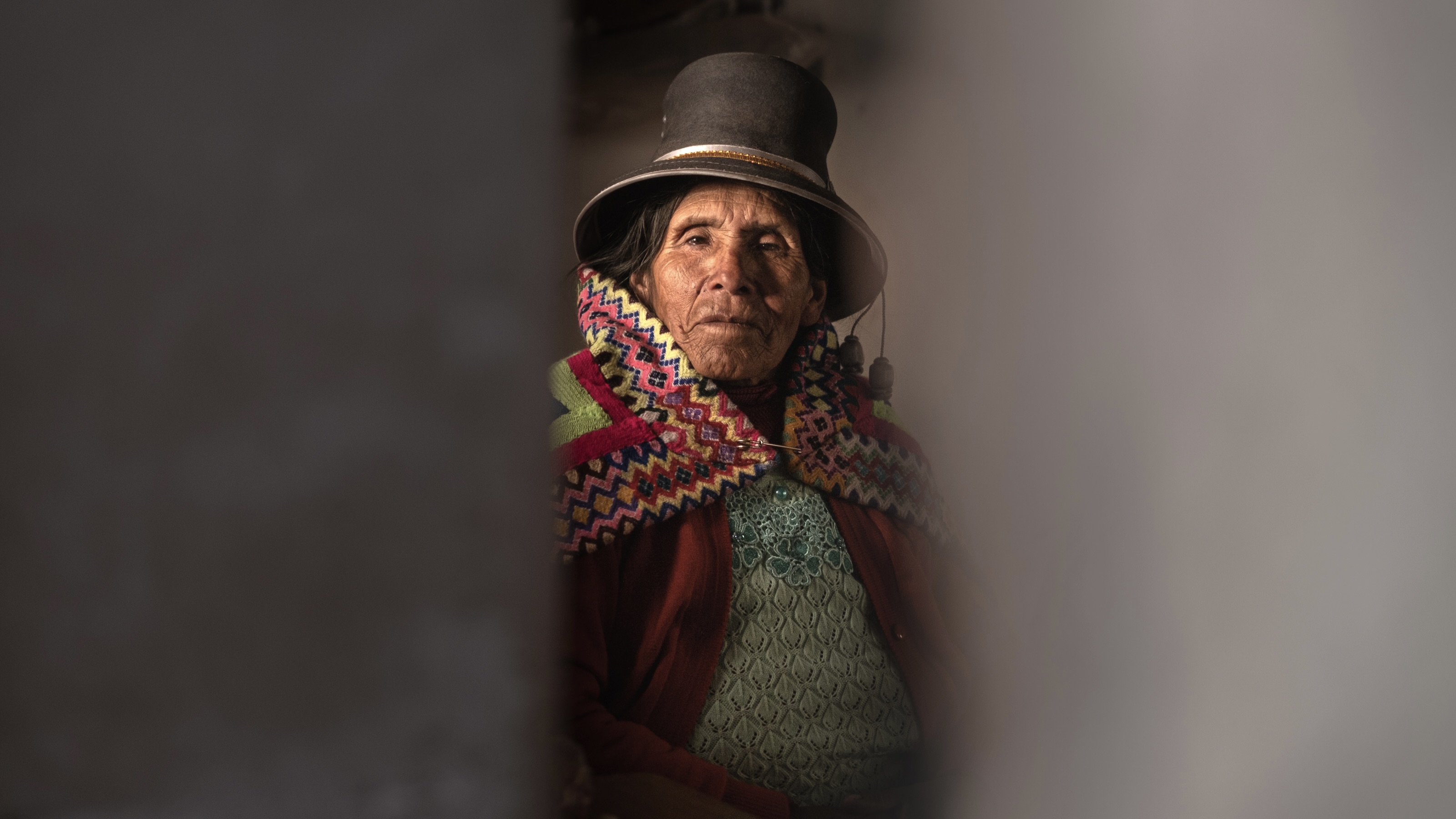
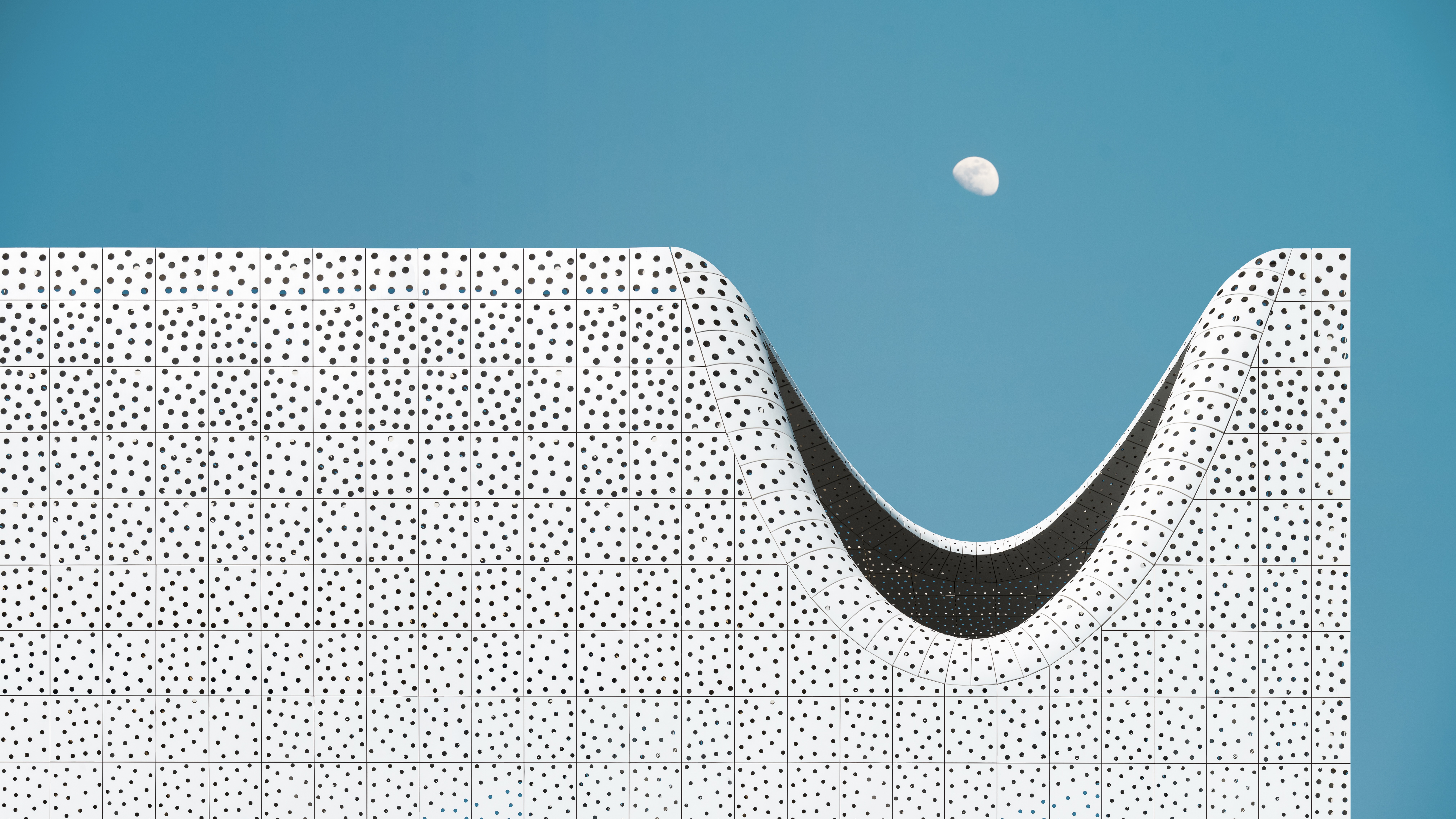

























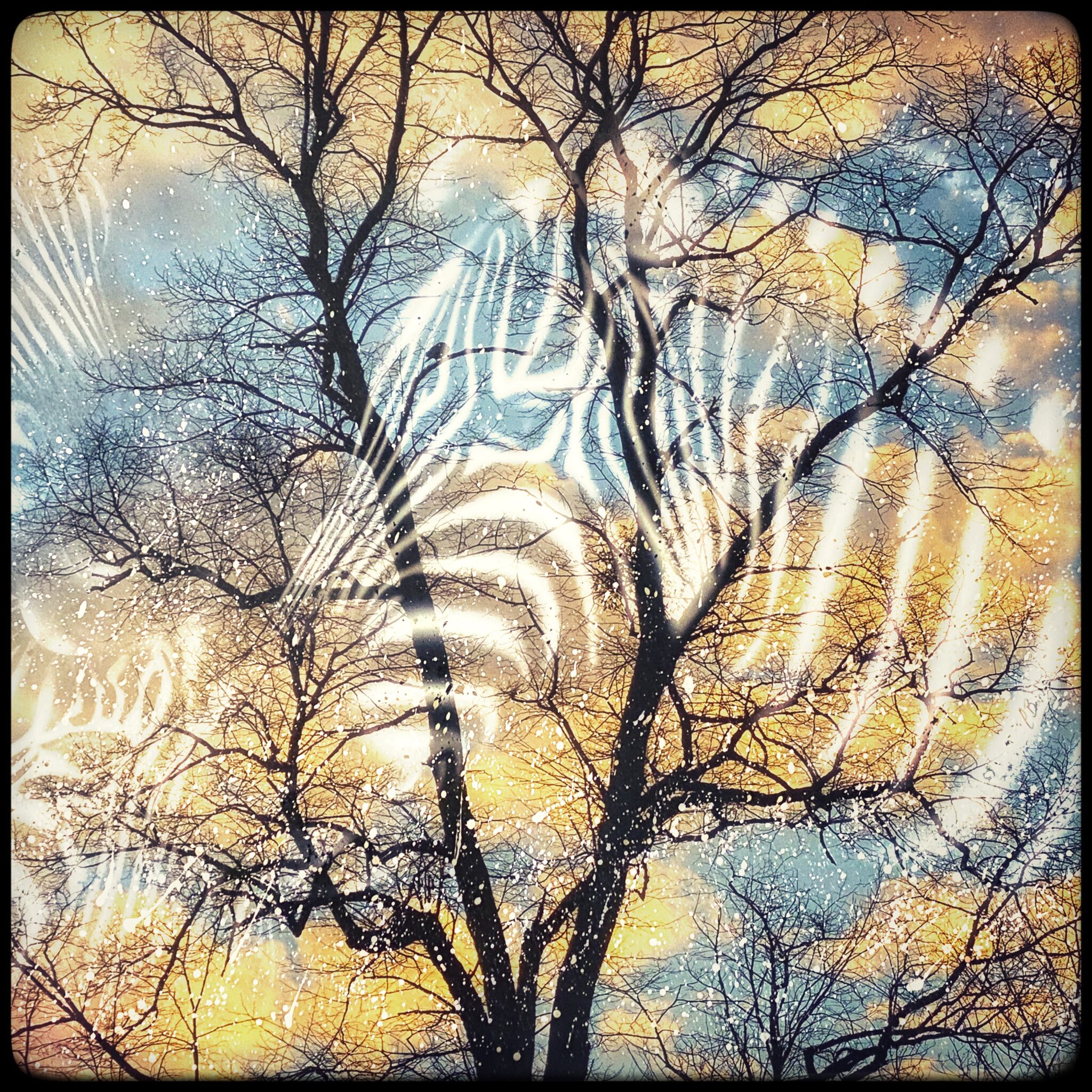






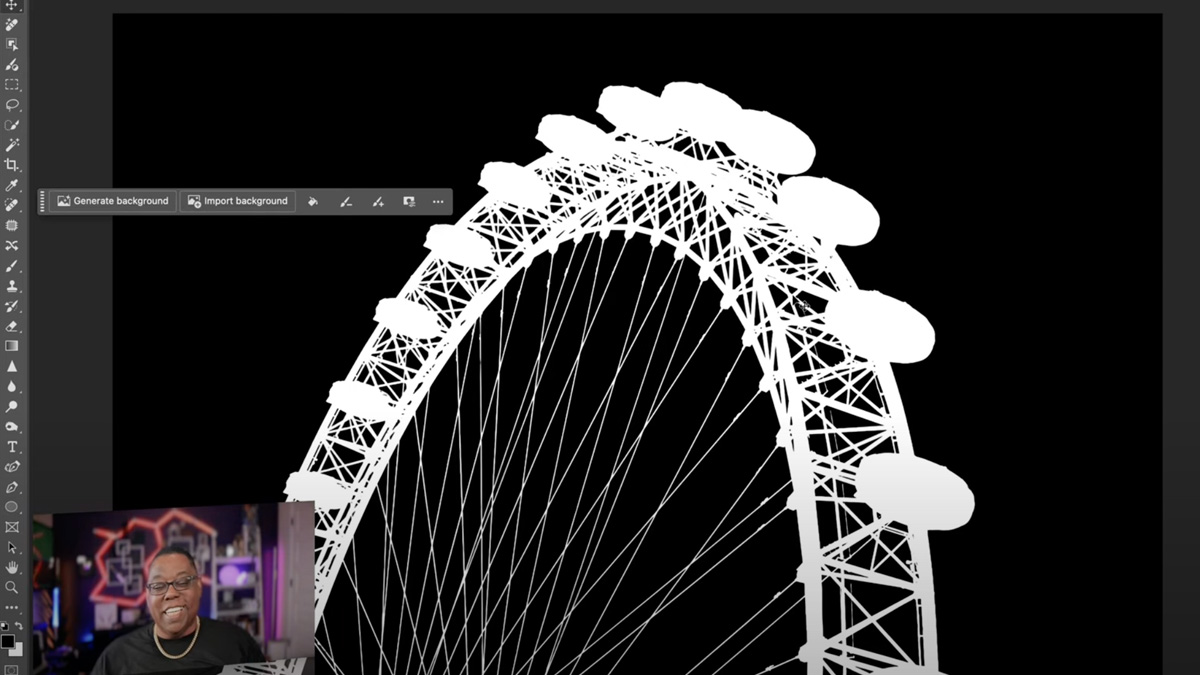
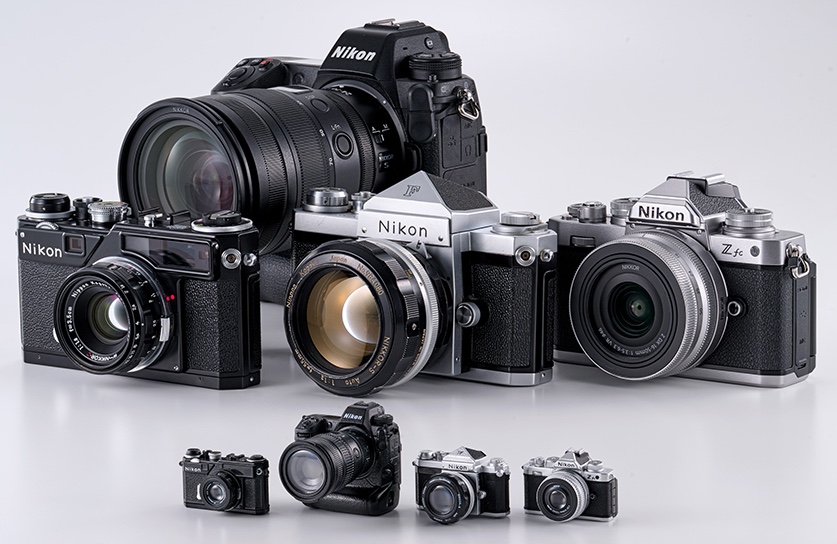

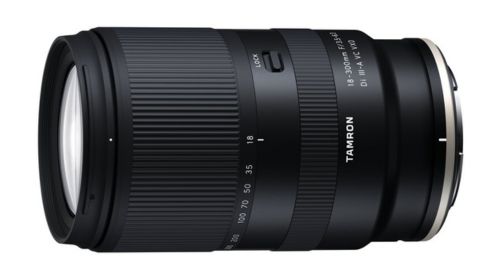
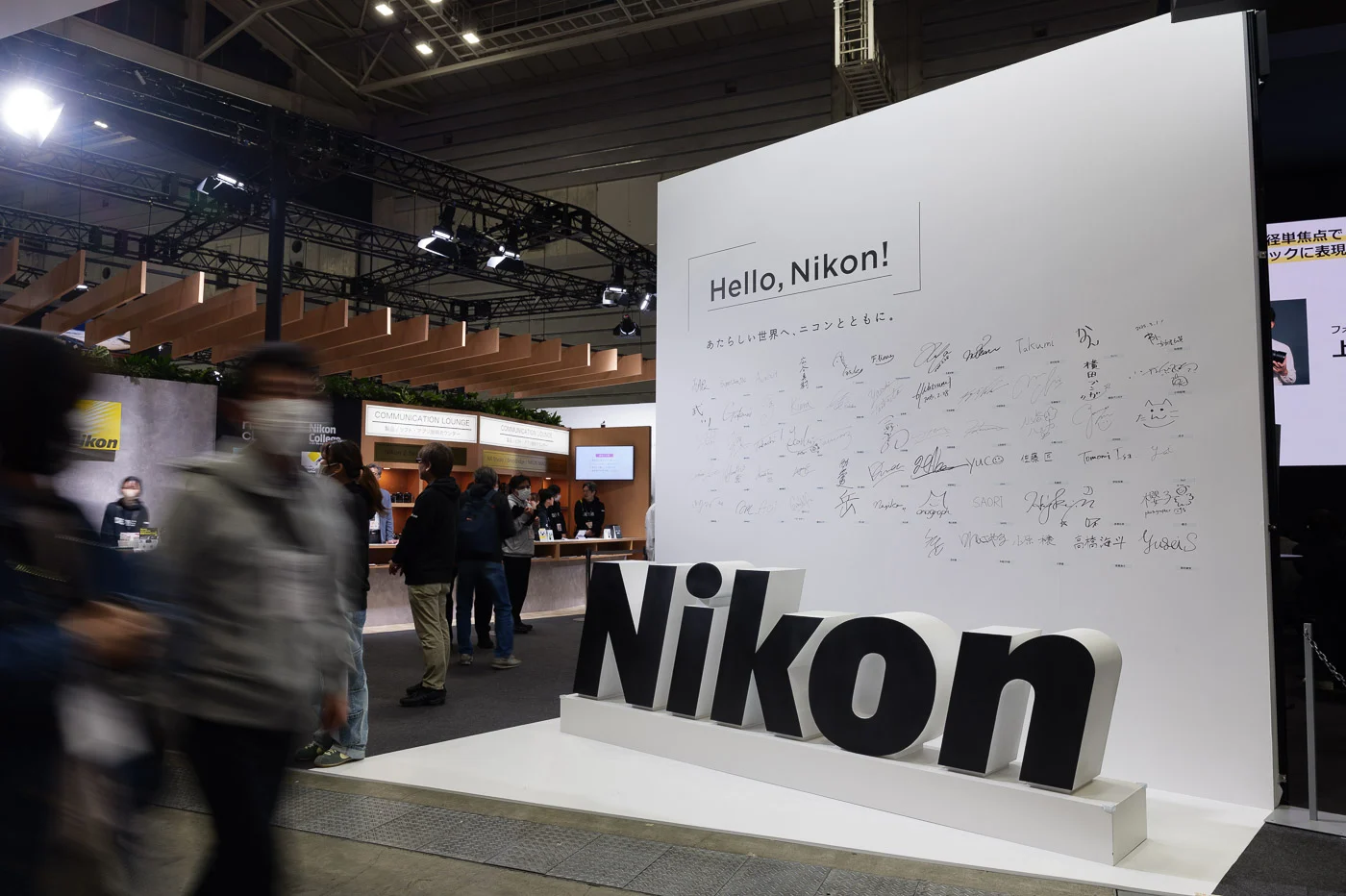















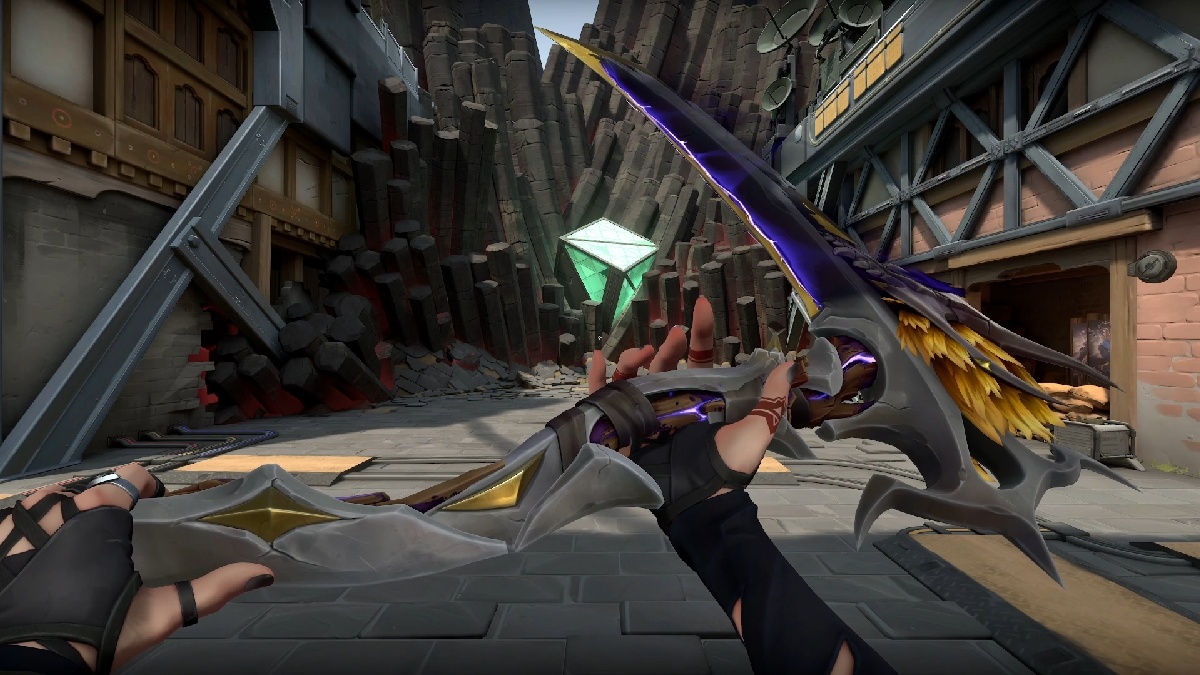

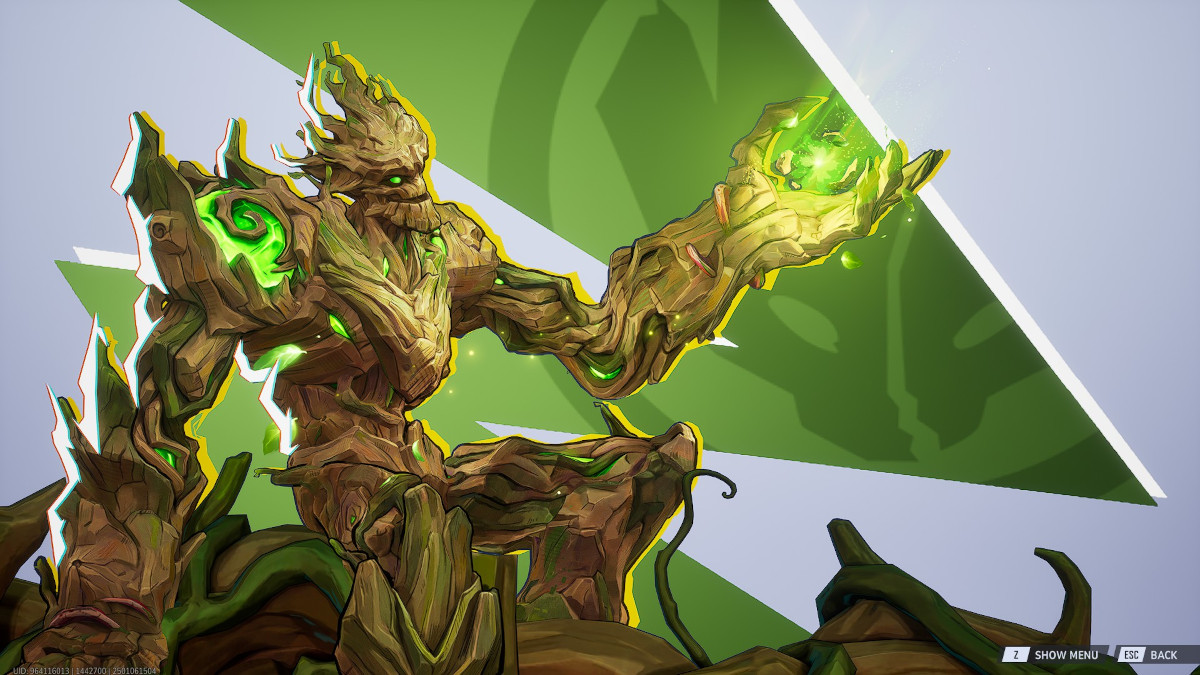

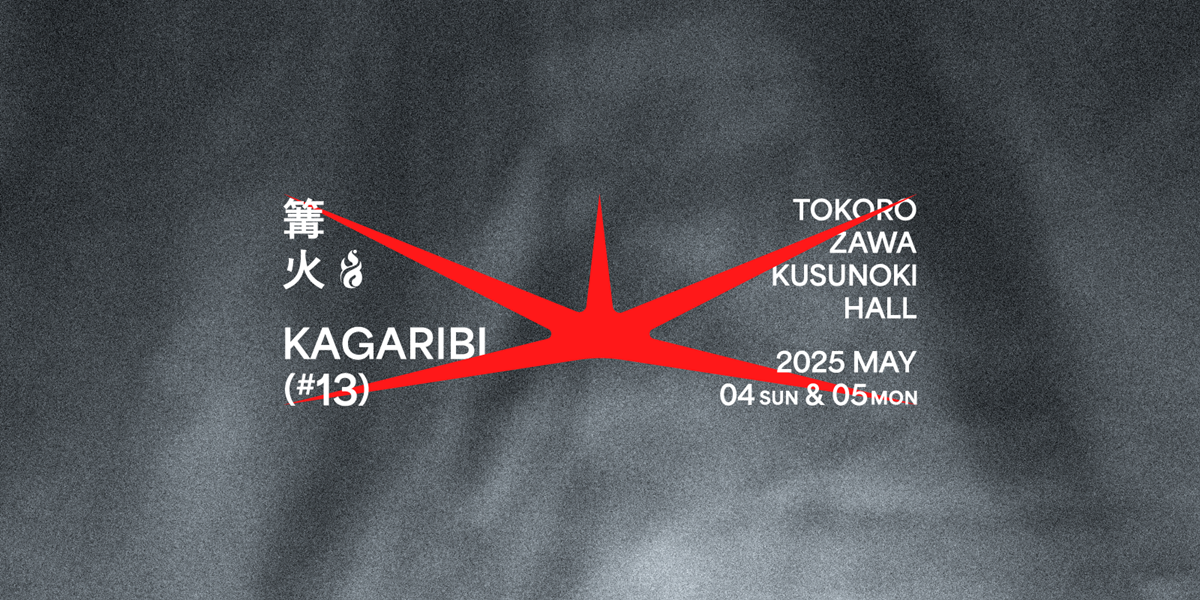


























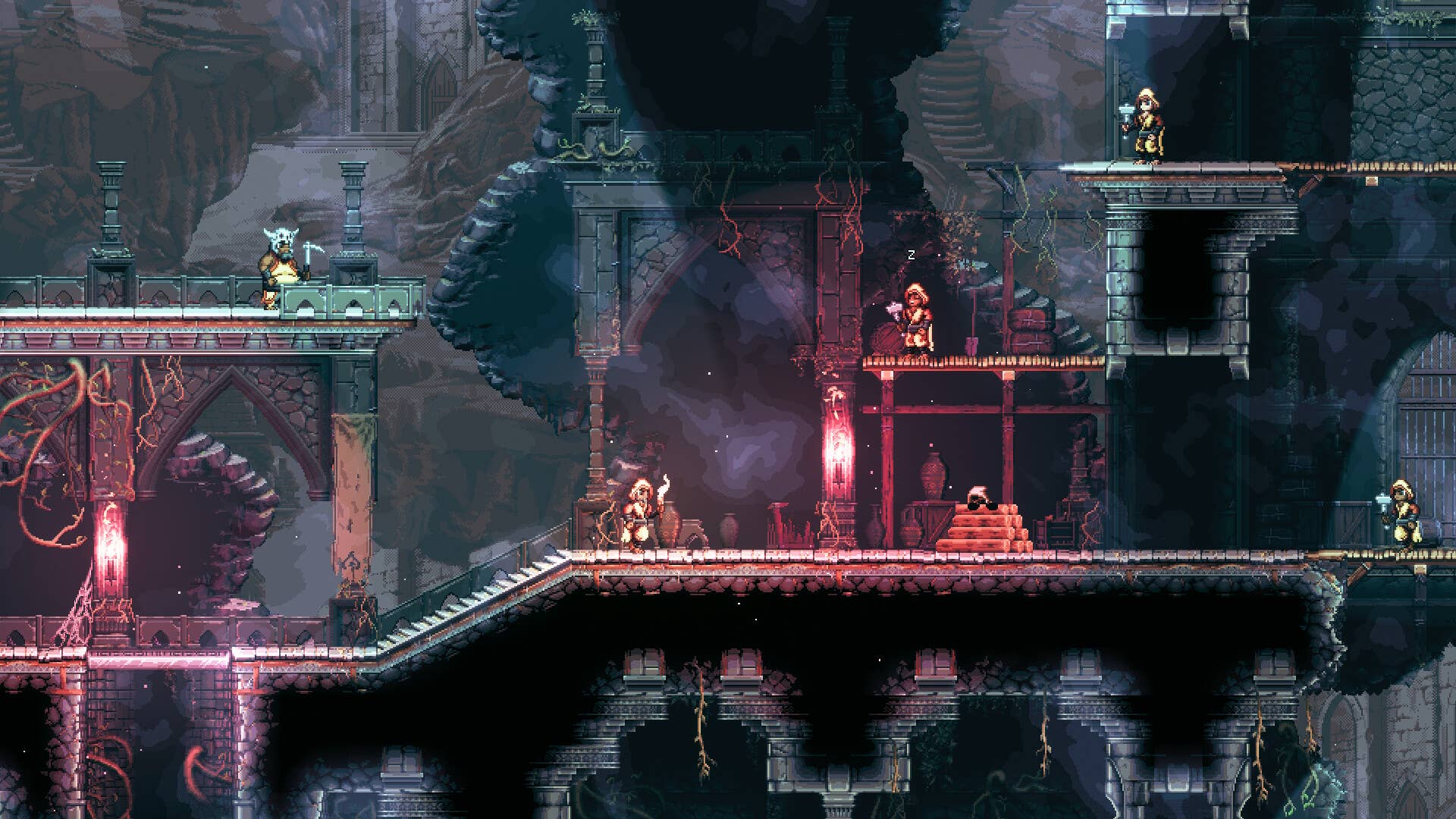
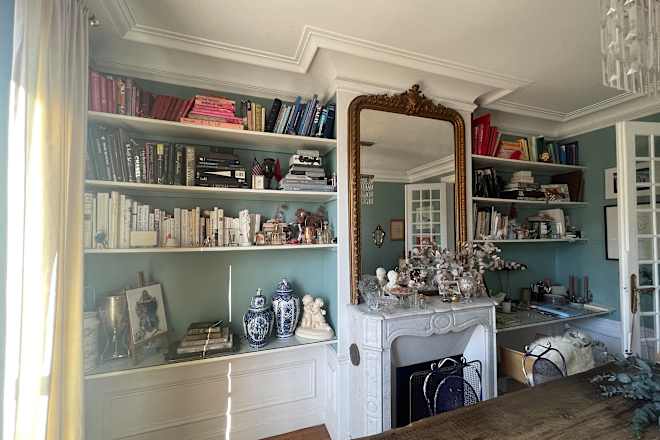


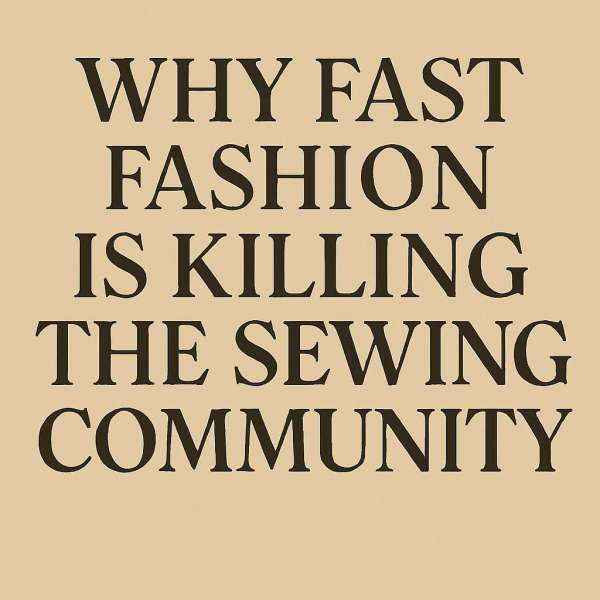

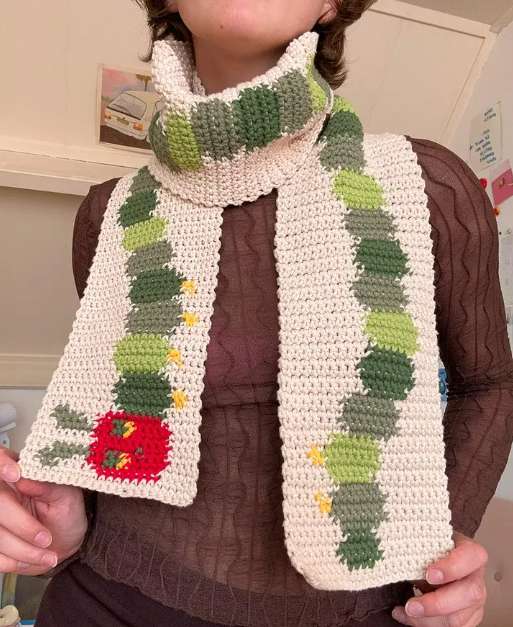
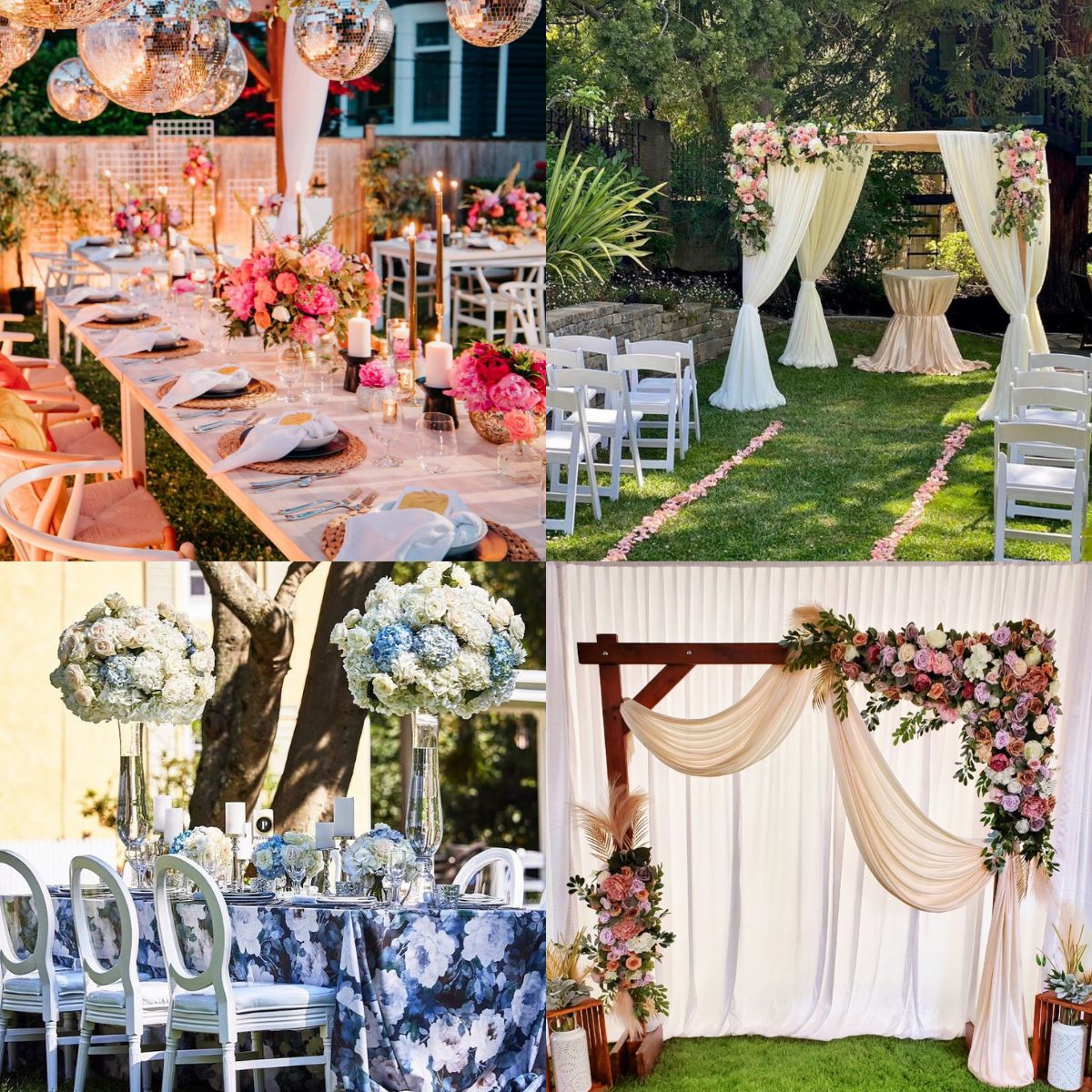
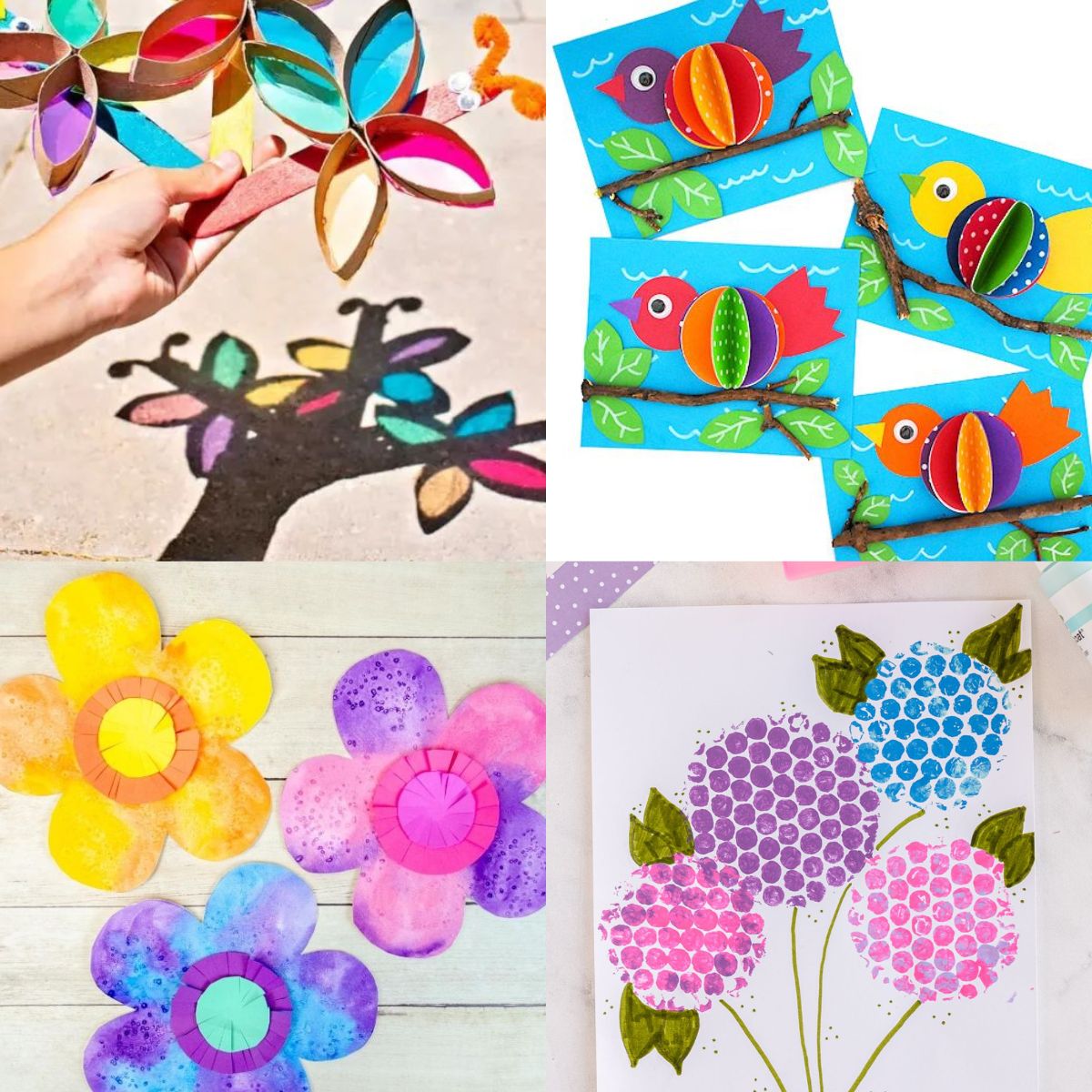
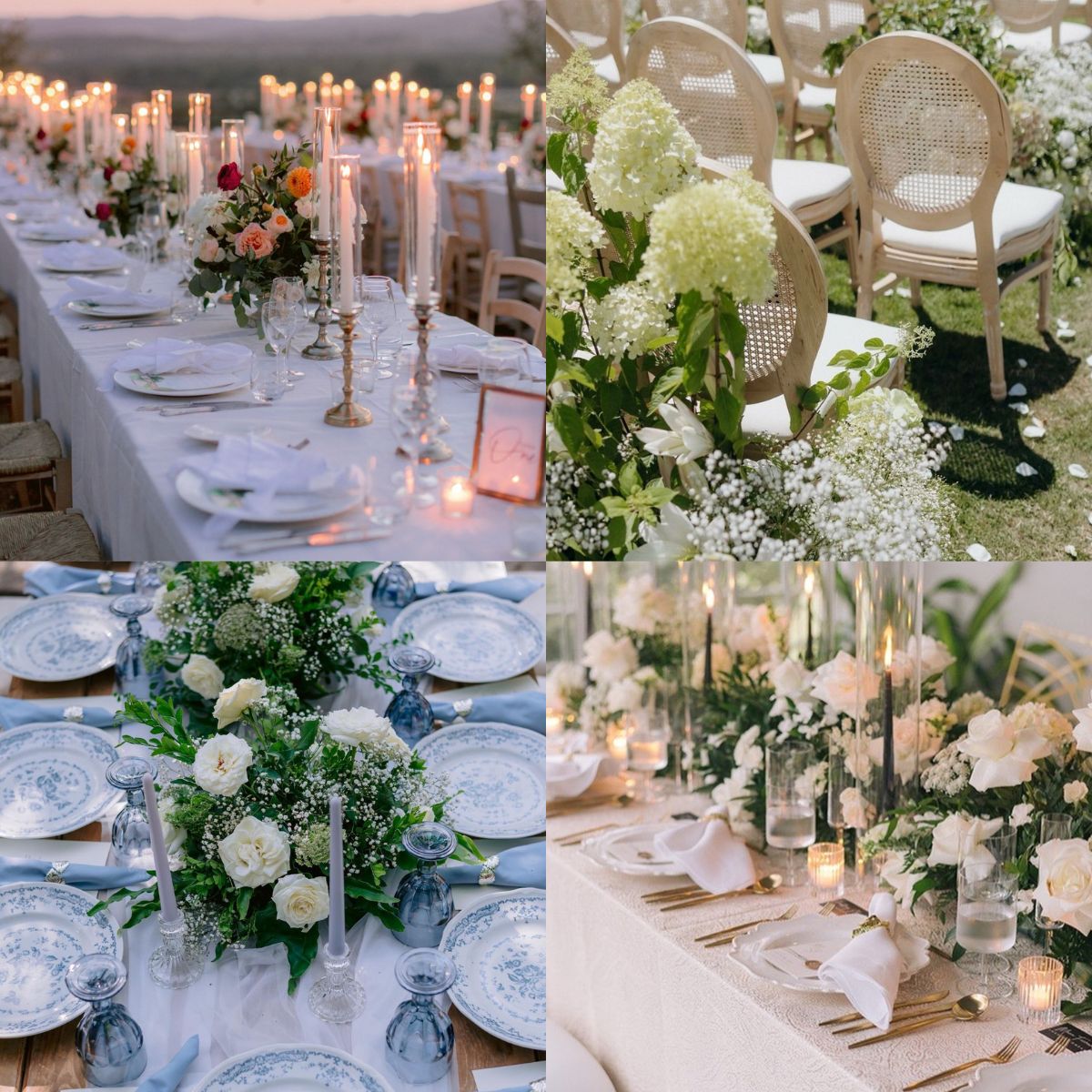
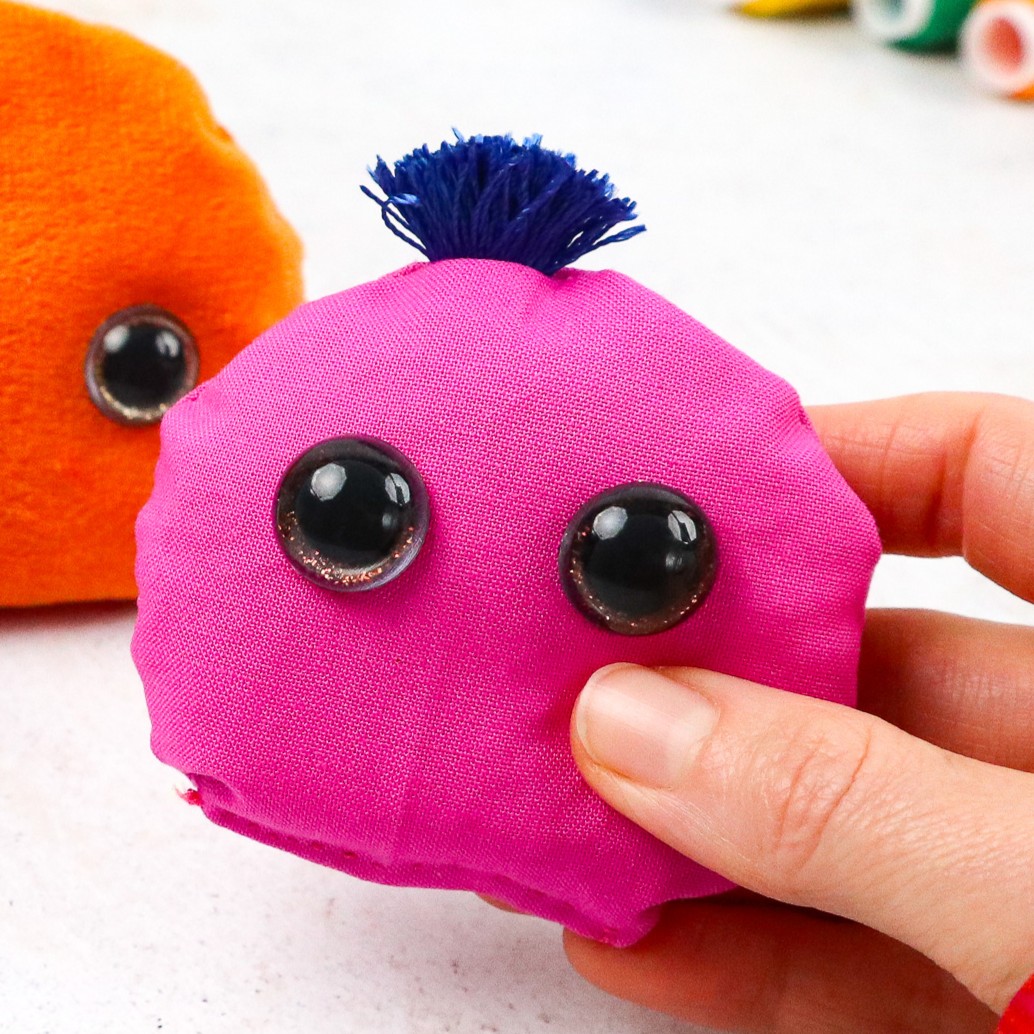




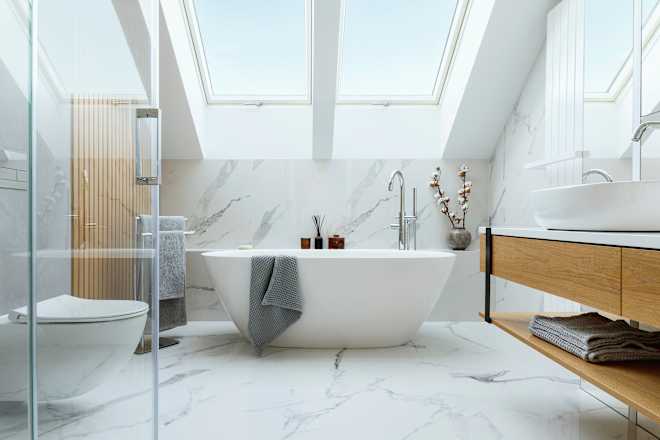
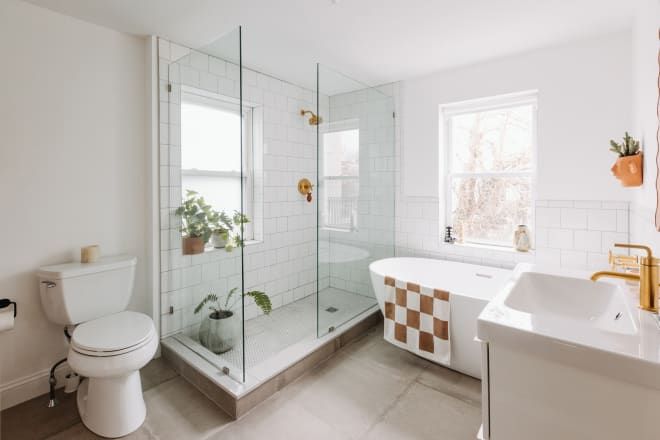








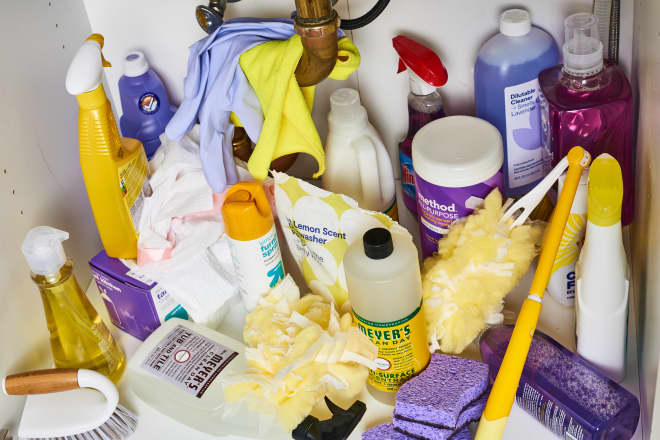





















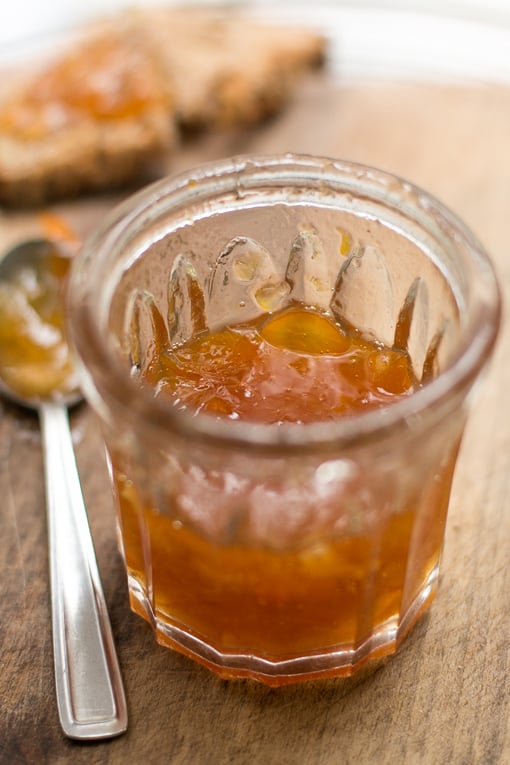


/33901f8b-dab8-4ac5-8d01-7bf897aa6a96--2015-0122_chocolate-dump-it-cake_james-ransom_008.jpg?#)




